Our purpose
1
Our mission
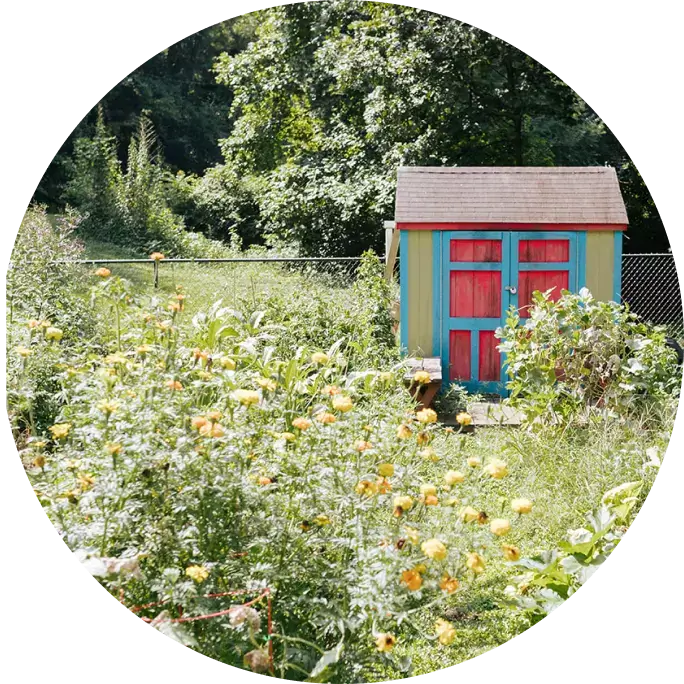
All humans have basic physical needs: air, water, food, clothing, and shelter. These must be supplied by resources on the planet.
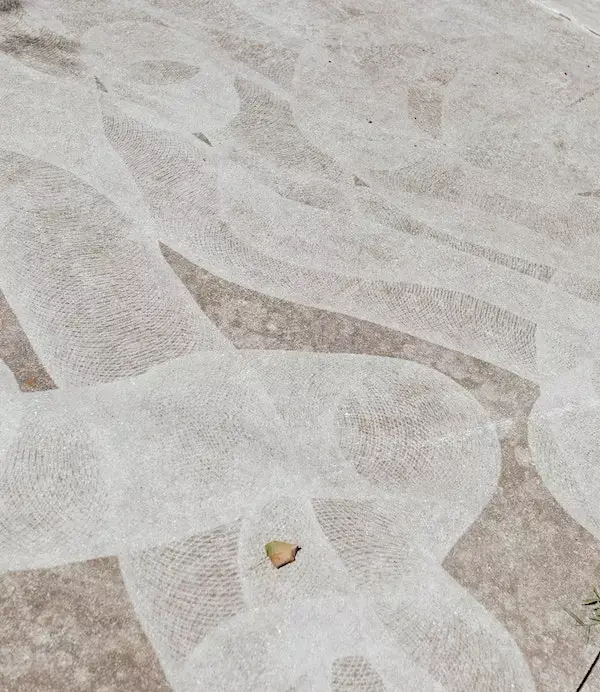

Human population is increasing, but the planet remains the same size. While human needs are distributed evenly across the planet, the resources supporting wellbeing are not.
Humans are now the stewards of all living things. With 7.8 billion humans touching every ecosystem directly or indirectly, we will determine the fate of all plants and animals, including ourselves.
Our society has managed resources for economic gain, while degrading our natural environment.
In the process of powering civilization, we inadvertently polluted the air, acidified the oceans, tainted freshwater, razed forests, eroded topsoil, hunted large mammals into marginality, and otherwise diminished biodiversity. These actions have resulted in shifting weather patterns, extended hot seasons, more frequent hurricanes and tornadoes, coastal flooding, and increasing intensity of wildfires.
2
Our Charge
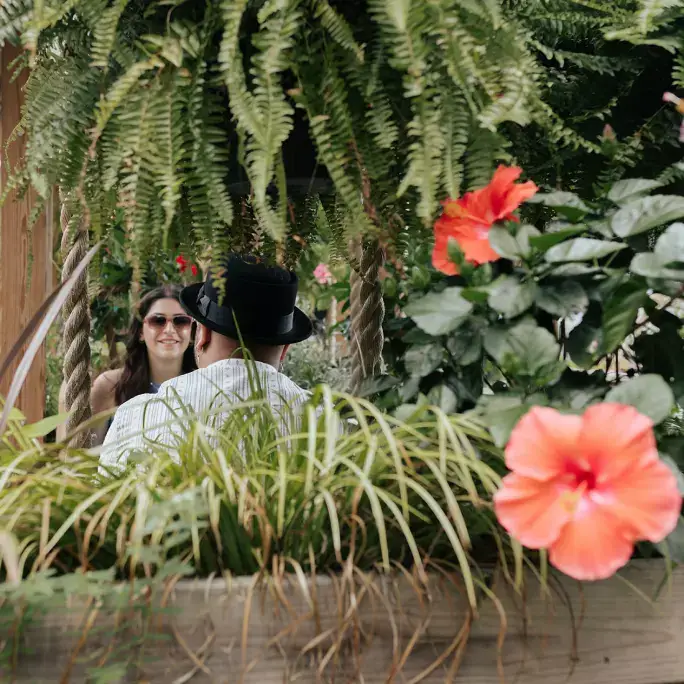
All humans also have basic social needs: a desire to flourish, to commune with others, self-expression, and meaningful existence.
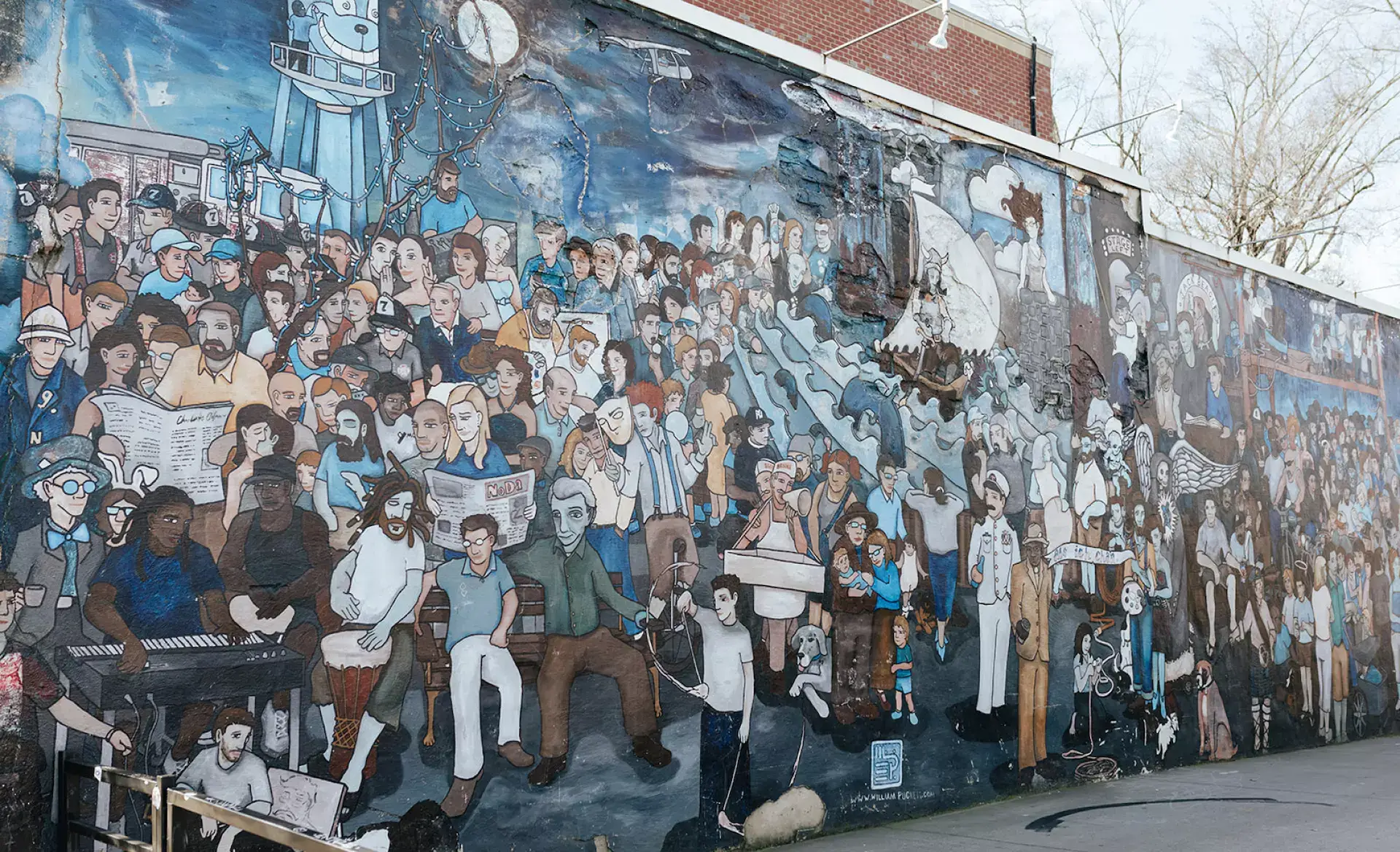
Cities are the best platform for delivering human wellbeing and environmental resiliency at scale. Cities efficiently create and deliver housing, jobs, transportation, community, food, electricity, water, and sanitation. All other ways of human settlement require more resources and serve fewer people.
Our generation is charged with crafting a way of life to responsibly accommodate a growing population while allowing humans to pursue their full potential. We need to do so in a way that ensures humans and other species can thrive for millennia to come.
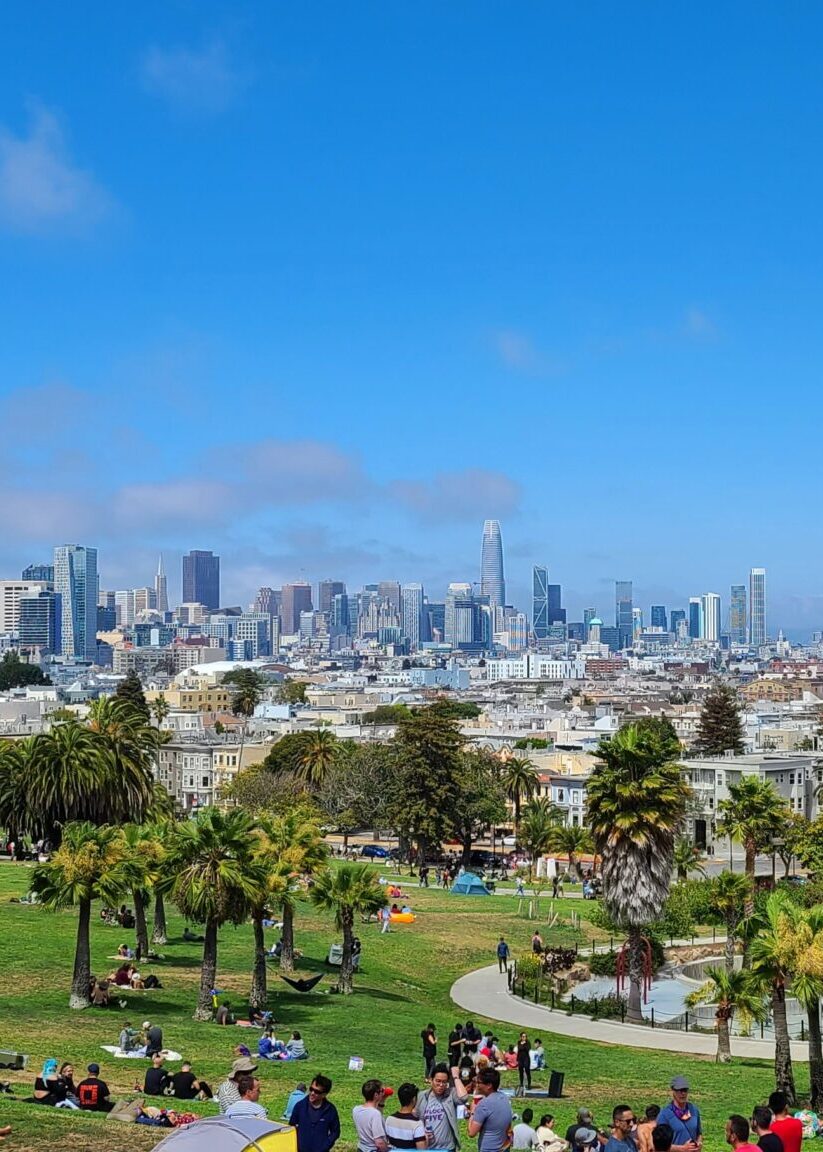
However, cities are not yet efficient enough to support our modern lifestyle without having an adverse impact on the planet.
We need an audacious reimagining of what is possible to build in all cities.
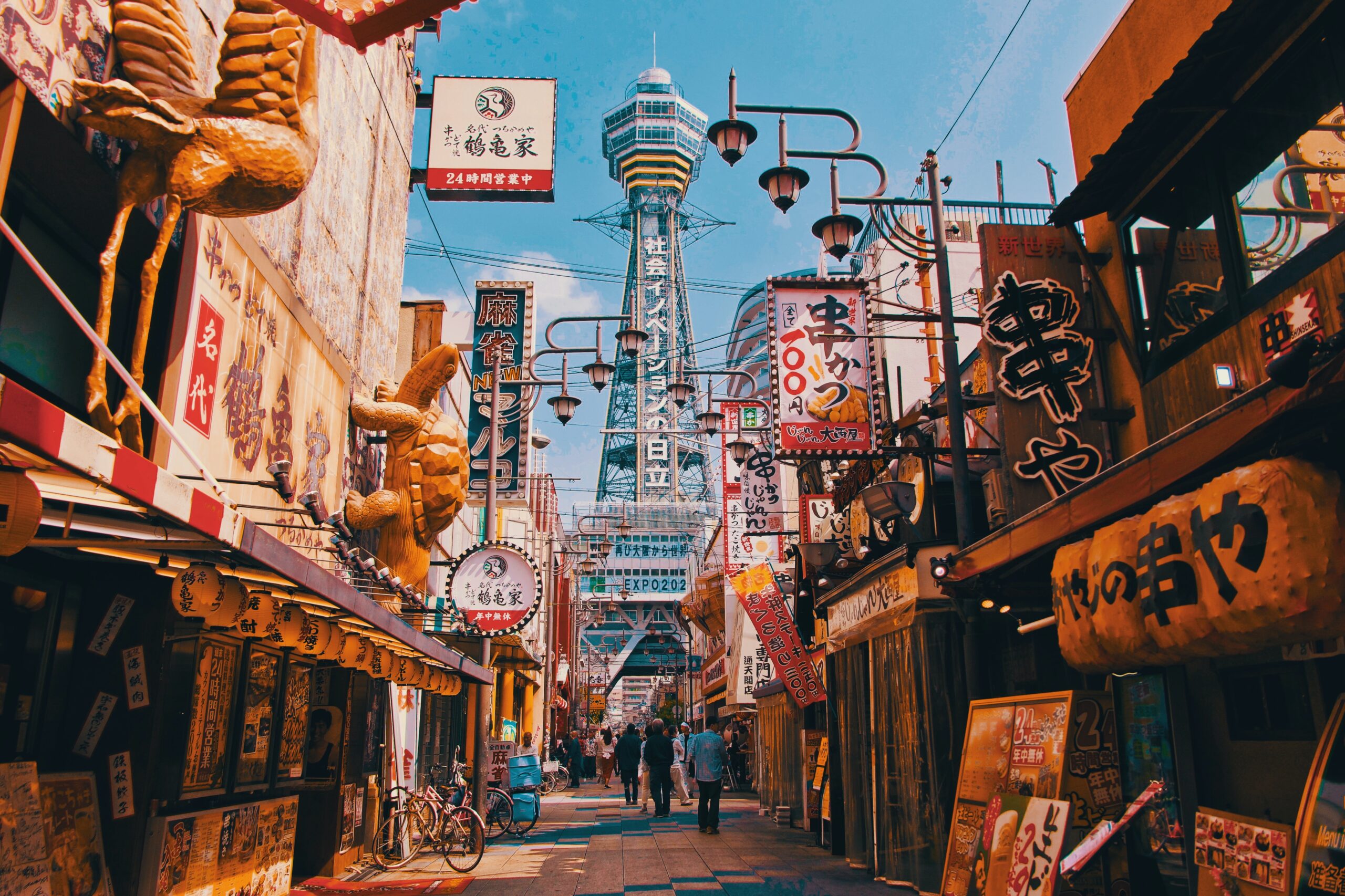
3
Our Manifesto
Build walkable cities (again).
Walkable neighborhoods minimize energy use from housing and transportation, preserve natural land, and encourage healthier lifestyles. This form of density generates tightknit communities, spontaneous social interactions, and access to diverse cultural experiences. Also, walking a city is fun!
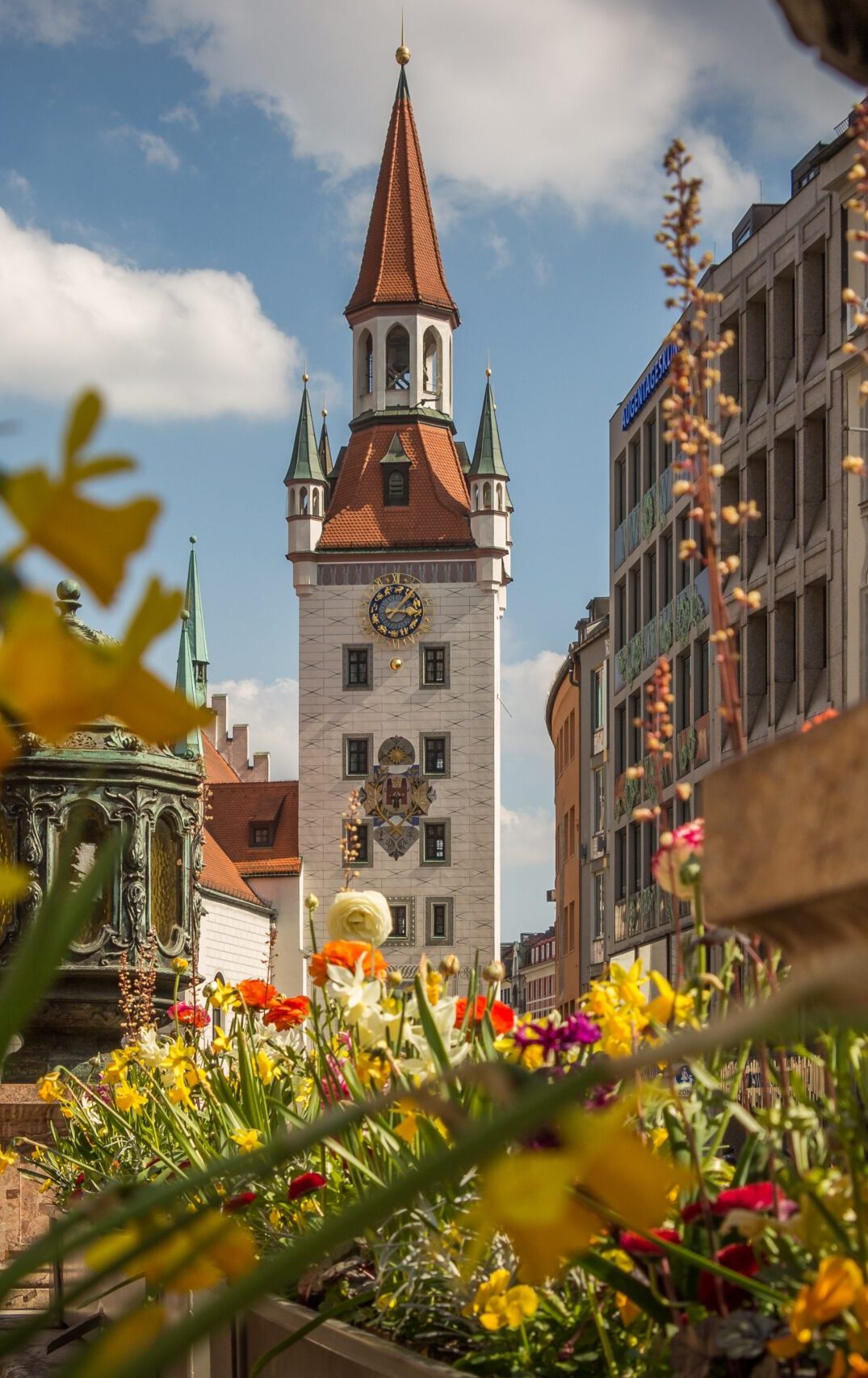
Build beautiful cities
Humans want to be inspired. A broad array of people will only opt into a more resource efficient lifestyle if cities are the most attractive option.
Build natural cities
Blending buildings with nature promotes local species, is climate cooling, and makes dense city living pleasant.
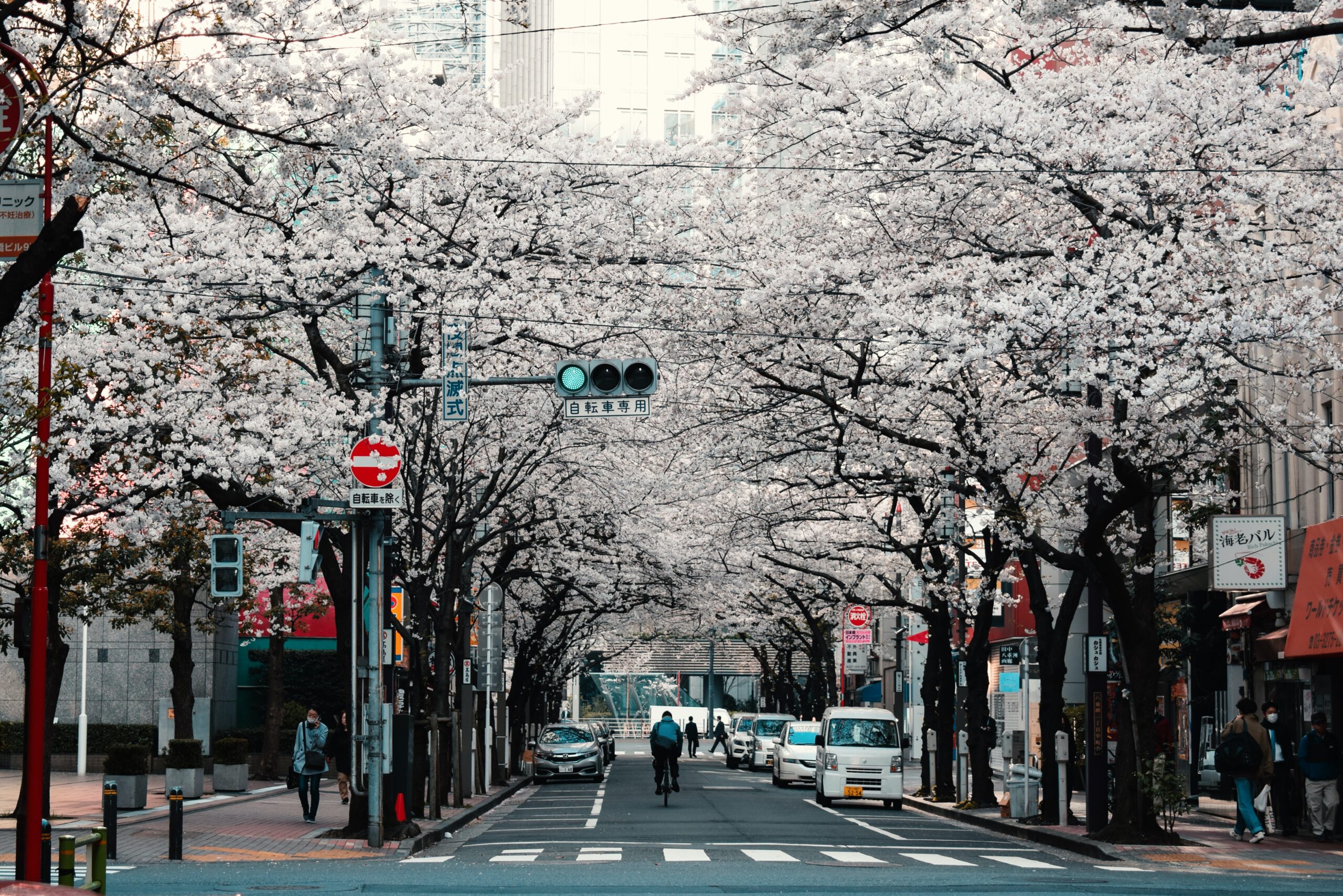
Build energy-efficient cities
Designing (or retrofitting) energy-efficient buildings and supplying them with renewable resources will yield abundant future resources for society.
Build affordable cities
If we build walkable, beautiful, natural, and energy efficient cities that are only accessible to a small slice of the population, we have not solved the problem.
We have conviction in the value of cities, but we do not know all the solutions. We are humbled to work on crafting a new way of life and we commit to a lifelong journey of learning.